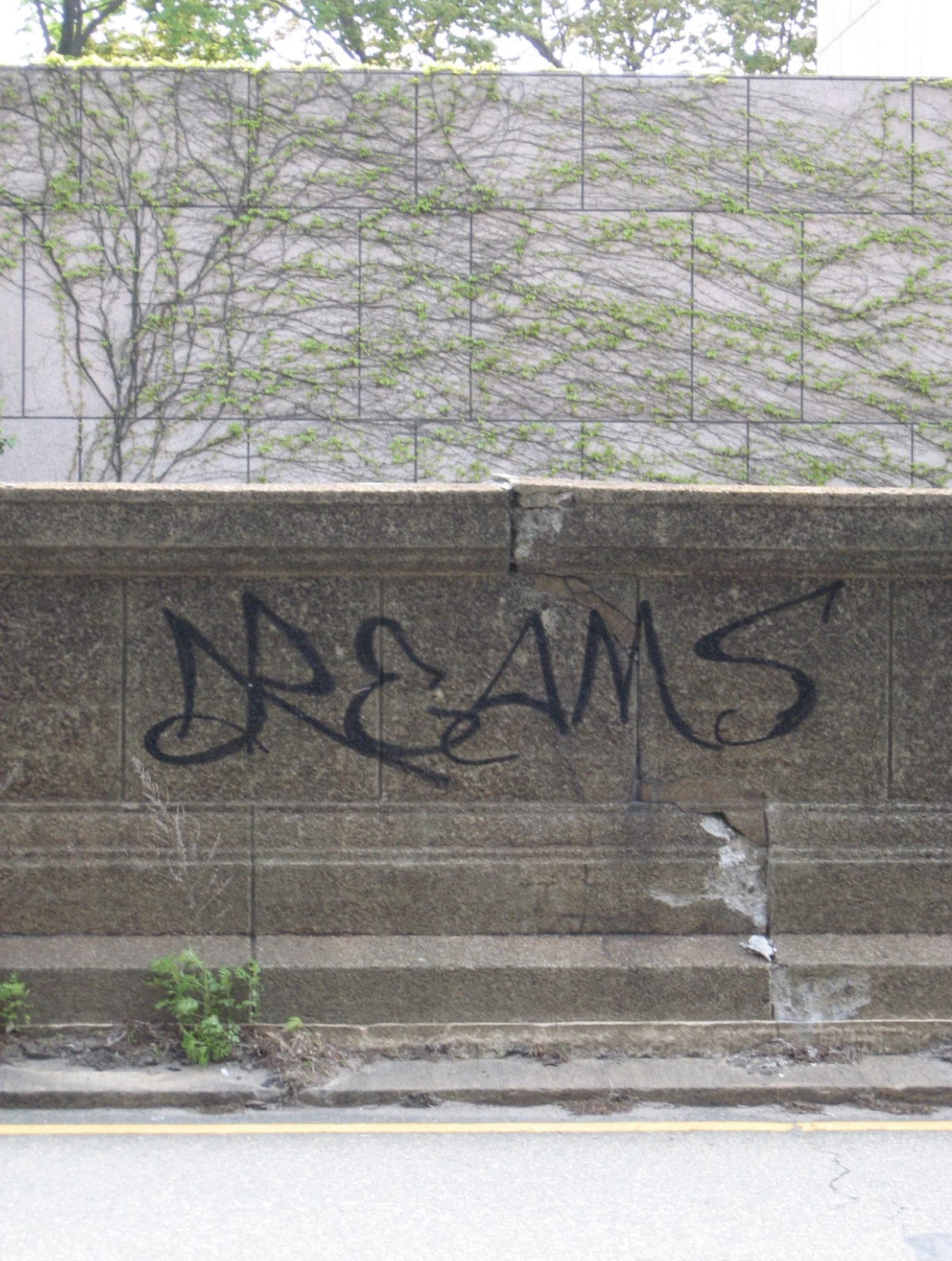When I came to Boston in 2003, you needed tokens to ride the T. The Greenhouse, with its four-story slices of chocolate cake, was still in Harvard Square, and the Red Sox had yet to break the curse of the Bambino. I came to get serious about writing, to get my MFA from Emerson College, but what I really ended up getting was a ten-year degree in Boston.
I grew up in central New York, in the city of Syracuse and its surrounding suburbs and towns, went to college in Buffalo and spent a year outside Philadelphia, but Boston—or technically, Cambridge—was the most city-like city I’d ever lived in. People walked. It wasn’t unusual, on the way from my first apartment to the T in Harvard Square, for me to overhear conversations in multiple different languages. I had never had Indian food like the Indian food here—so rich and comforting, so easy to order that I quickly had a usual, and a delivery guy who came so frequently he noticed when I moved to a new apartment.
My Boston life has been divided into three ages: the age of Emerson; the age of investment marketing, first at Putnam and then at a subsidiary that’s now a part of Bank of America; and the age of Mass General Hospital, where I was most recently a prospect researcher in the development office. During each of those ages, I was writing, working on what would become my first two novels—This Must Be the Place, published in 2010 (and written, largely, at Diesel Café in Somerville), and Bellweather Rhapsody, just out this summer. Both novels are set in central New York, a place I loved and left, a place with a gravity that I couldn’t escape even if I wanted to.
Reading is a form of travel—through time and through space, into the imaginations and experiences of other people living, inventing, and describing other lives—but so is writing. One of the great joys of being a writer is the ability to cast yourself back to a world, a place and a time that you knew, that shaped you, that you miss, and bring that world to life for someone who has never been there, for someone who has—or for someone who shared that world with you.
I have discovered this about my writing self: my imagination needs distance. I tend to write from memory—not descriptions of exact events but of feelings and details, stories I’ve collected, experiences I’ve had time to process. I need to leave a place before I can begin to see it as a writer.
This summer, after more than ten years, I am leaving Boston. It’s a typical college town story: I came for school and never left. But as much as I know it’s my time to go, how can my heart not be a little broken? This is the place where I finished growing up, where I wrote my first two books; these are the people who made this city, so unlike anywhere else I’d lived, my home.
But here are the details and the stories I have already collected: the view of the common from the GrubStreet office. Kicking over a beer in the stands at Fenway. That time I passed out on the T. That feeling, even if it’s raining, that the day of the Boston Book Festival is the sunniest of the year. The smell of rosemary fries wafting from the Clover food truck; the smell of the sea, salty and sticky, from the ferry to the Vineyard. The cool, unreachable paws of the lions at the BPL; the used book basements of the Booksmith and the Harvard Bookstore. Walking through the common into the public garden, listening to a song, watching the leaves on the trees, watching the people. Ice cream from Christina’s. The cool rush of air into the bus when you pry open a window. Late at night, riding the Red Line home—crossing the river, watching the city glow.
I will come back to Boston to visit; there are too many people I love here for me to stay away. But I will also return, again and again, in my imagination, in my next novel and all the novels I have yet to write. This place has a gravity that I couldn’t escape even if I wanted to, because this place is a part of me.

